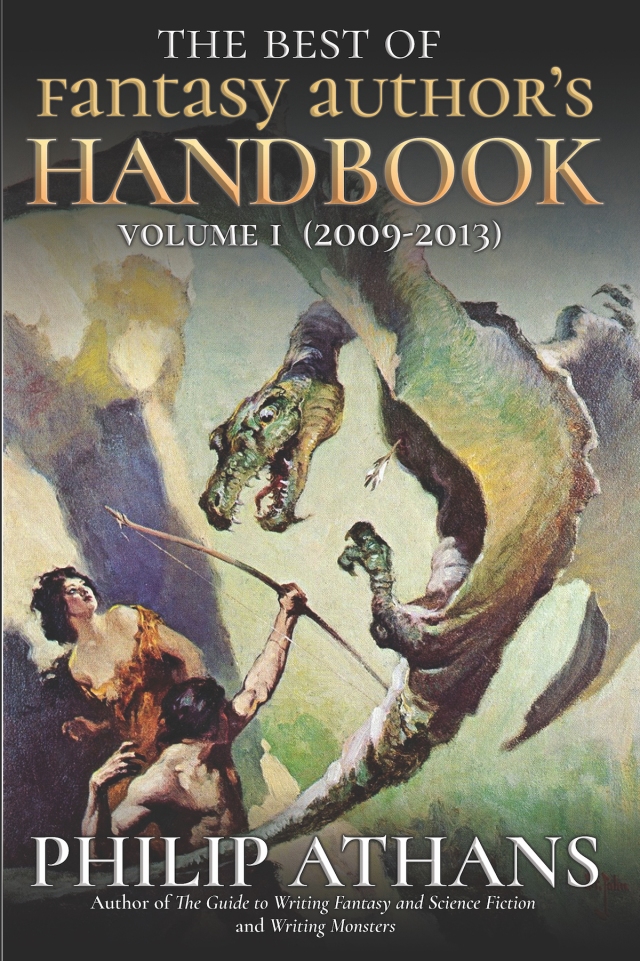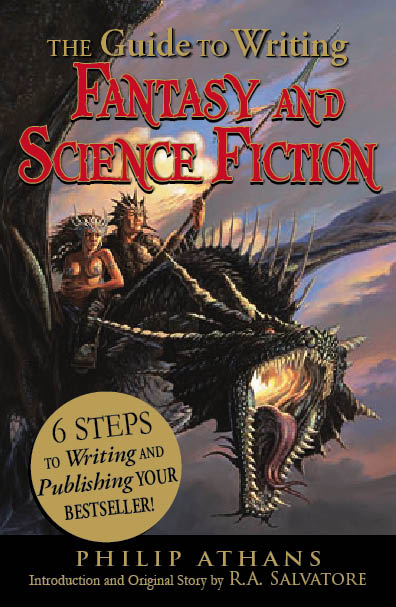Feedback.
This is the thing authors crave the most—at least in the formative years of our writing careers. We desperately cry out for someone—anyone—to read our work and tell us if it’s good or not. Do the characters speak to you? Does the plot hold together? Do you identify with the protagonist? What about the pacing—is there pacing? What’s good about it? What’s bad about it? What didn’t you get?
Am I good?
Would you buy this?
Oh, man… I get it. I’ve been on both sides of that equation my entire adult life. I’ve been desperately hungry for feedback on my own writing, and have been, as an editor, the provider of feedback for literally hundreds of authors. And I can tell you for sure I’d rather remain in the latter position than have to go out, hat in hand, for feedback on my own writing.
But we need that feedback, don’t we? Especially in the early stages of our careers. How can we learn to do anything without a teacher? A mentor? Just… any goddamn hint that we aren’t screaming into a void?
That leads us to sometimes seek out feedback from… I won’t say “the wrong people,” as much as I’d like to, because I have no way of identifying who the wrong people might be. An experienced professional editor is the right person, of course, but we come at a price.
So what about beta readers?
If you have a trusted beta reader, someone who you know knows books, knows story, knows the genre you’re writing in, and you know that person to be smart and creative, capable of giving you solid advice, then wow—congratulations. Hold that person close. Give them gifts of frankincense and myrrh.
But unfortunately, most of the people we know can not reasonably be described in such glowing terms. I wish I could remember who it was, decades ago that, in a documentary about screenwriting, described the focus group as:
The uninformed reporting on the unknowable to the unimaginative.
…but that pretty much nails it. And what are beta readers or our writers group friends but a focus group? In Story Trumps Structure, Steven James wrote on the subject of beta readers:
I can’t think of any other field in which people who aren’t experts critique other people who aren’t experts in the hope of everyone becoming an expert.
Yes, people chosen at random or from a pool of friends and family may have opinions, but do they have informed opinions? And if they say something akin to “I didn’t get it,” “I liked it, I guess,” “It was really creative!” and so on (you know you’ve seen stuff like this) sans detail or actionable advice, well… does that help?
Now, before you freak out, this is not me saying the only advice worth listening to comes from a professional editor. Though I will maintain that the best advice comes from a professional editor, hearing from a friend that they liked your book absolutely can settle your nerves and keep you writing. There is nothing wrong with settling your nerves, and you always want to keep writing. But you still need to know, on a sentence by sentence level, if your book works, and that’s not something you’re likely to get from a beta reader. It’s just too complicated, this whole writing thing, as Karl Ove Knausgaard told us in “What Writers and Editors Do”:
The situations in which creative writing takes place are often complicated, to put it mildly—anyone even slightly familiar with the writing profession, as we so grandly refer to it, knows that it is one great big entanglement of neuroses, hang-ups, blockages, frailties, idiosyncrasies, alcoholism, narcissism, depression, psychosis, hyperactivity, mania, inflated egos, low self-esteem, compulsion, obligation, impulsive ideas, clutter, and procrastination—and working with writing in that kind of context means that a concept such as quality is a poor standard indeed, at least if we think of quality as an objective norm. In literary editing, quality is a dynamic entity, more a process than a grade, and one that will vary according to the individual writer and editor.
In other words, who’s to say what good even is, let alone whether or not your book is good? John Cheever said: “I have never completed anything in my life to my absolute and lasting satisfaction.” So even if you do get some positive feedback from a friend, will that satisfy you?
And then the really hard part:
In the end, you’re alone with your work.
Claire Dederer in “What Do We Do with the Art of Monstrous Men?” challenged us to own that.
There are many qualities one must possess to be a working writer or artist. Talent, brains, tenacity. Wealthy parents are good. You should definitely try to have those. But first among equals, when it comes to necessary ingredients, is selfishness. A book is made out of small selfishnesses. The selfishness of shutting the door against your family. The selfishness of ignoring the pram in the hall. The selfishness of forgetting the real world to create a new one. The selfishness of stealing stories from real people. The selfishness of saving the best of yourself for that blank-faced anonymous paramour, the reader. The selfishness that comes from simply saying what you have to say.
Feedback? Yes, sure. Why not?
Some version of the focus group? Be careful with what if any of that feedback is specific enough to be the slightest bit actionable—and take action only if you honestly agree with that feedback.
A professional editor? Essential, one way or another, because good editors always keep in mind that we aren’t working on own own books, but supporting authors with the realization of their books.
But whatever anyone tells you, positive or negative, this is, has been, and always will be your book, not theirs, not some version of “ours,” but yours.
Whether the focus group likes it or not.
—Philip Athans
Fantasy Author’s Handbook is now on YouTube!
Did this post make you want to Buy Me A Coffee…
Follow me on Twitter/X @PhilAthans…
Link up with me on LinkedIn…
Join our group on GoodReads…
And our group on Facebook…
Find me at PublishersMarketplace…
Check out my eBay store…
Or contact me for editing, coaching, ghostwriting, and more at Athans & Associates Creative Consulting?
As an Amazon Associate I earn from qualifying purchases.
Absolutely not one word of this post was in any way generated by any version of an “AI” or Large Language Model.
Where Story Meets World™
Look to Athans & Associates Creative Consulting for story/line/developmental editing at 3¢ per word.













